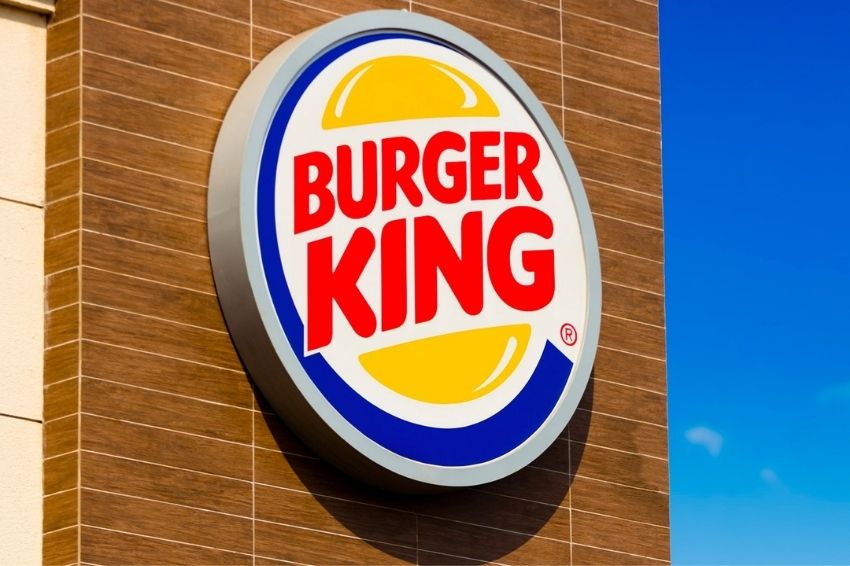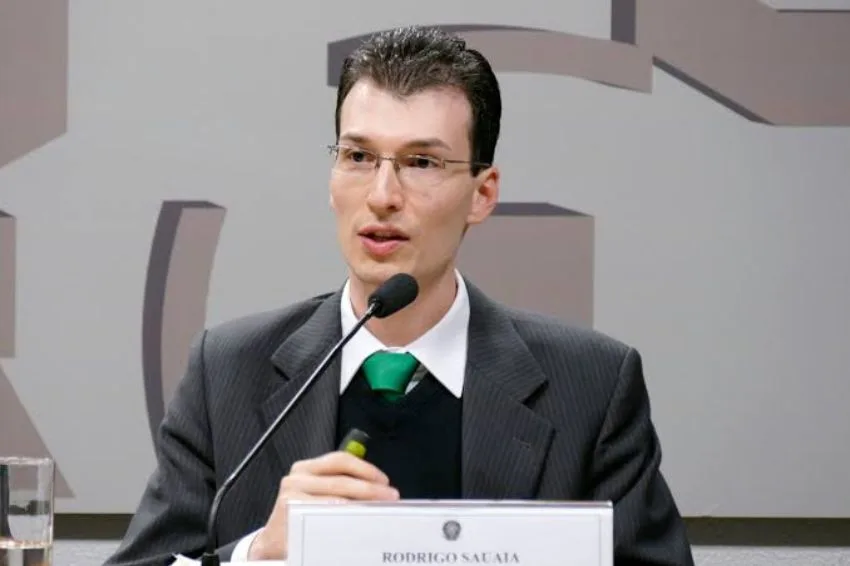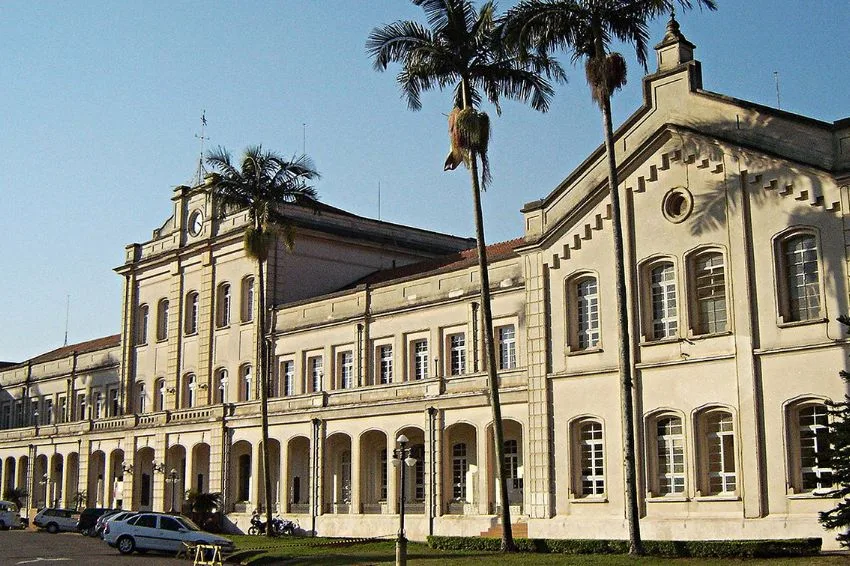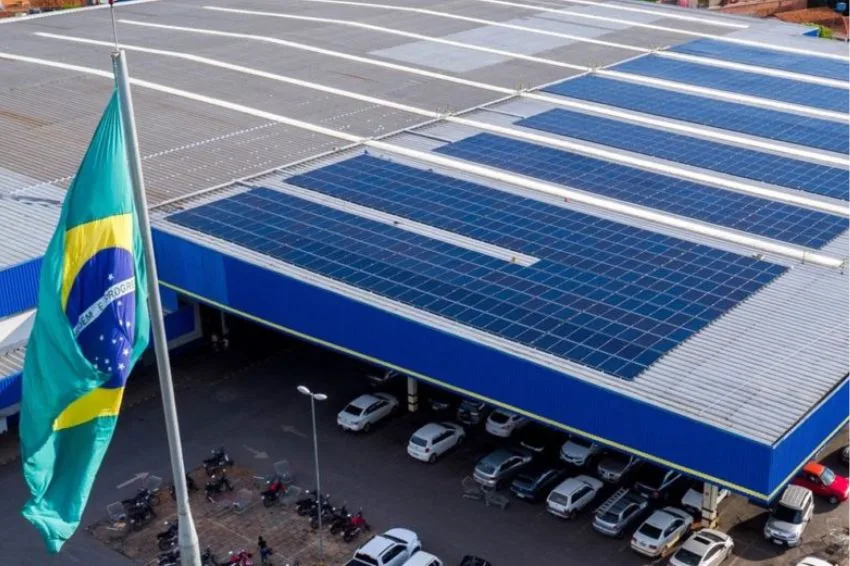It is telephone operators or Financial Institution, solar energy is being an alternative to help with energy goals zero carbon of companies from different segments.
Read too
A BK Brazil, operator of the Burger King and Popeyes fast-food chain, is one of them. This is because the company announced that it is investing in DG projects (distributed generation) photovoltaic.
The objective of this initiative is supply restaurants with clean energy, from solar farms – thus contributing to the goal of reducing greenhouse gas emissions across the entire network by 30% by 2030.
Currently, the company has five DG plants, in the connection phase, in the cities of Itaboraí and Itaguaí (RJ), Saltinho (SP), Brasília (DF) and Cajamar (SP) – the latter has been in operation since October 2021.
According to BK Brasil, the plant has 30 thousand m², 4,560 photovoltaic modules and capacity to generate 3,121 MWh/year, which corresponds to the consumption of around 24 of the company's restaurants.
“Since we started building our distributed generation farms, we had a long-term vision and, therefore, the project is directly interconnected with one of our recently announced ESG (Environmental, Social and Governance) commitments,” said Gustavo do Valle Fehlberg, Vice President of Development at BK Brasil, Burger King and Popeyes.
BK Brasil resources and goals
The resources necessary to build these projects were obtained through a combination of own investments, carried out by H2energy and Eco Partners. With all five of these plants in operation, the company will have 57% of its own distributed low voltage stores. BK's goal is to have at least 80% of stores on low voltage by the end of 2023.















